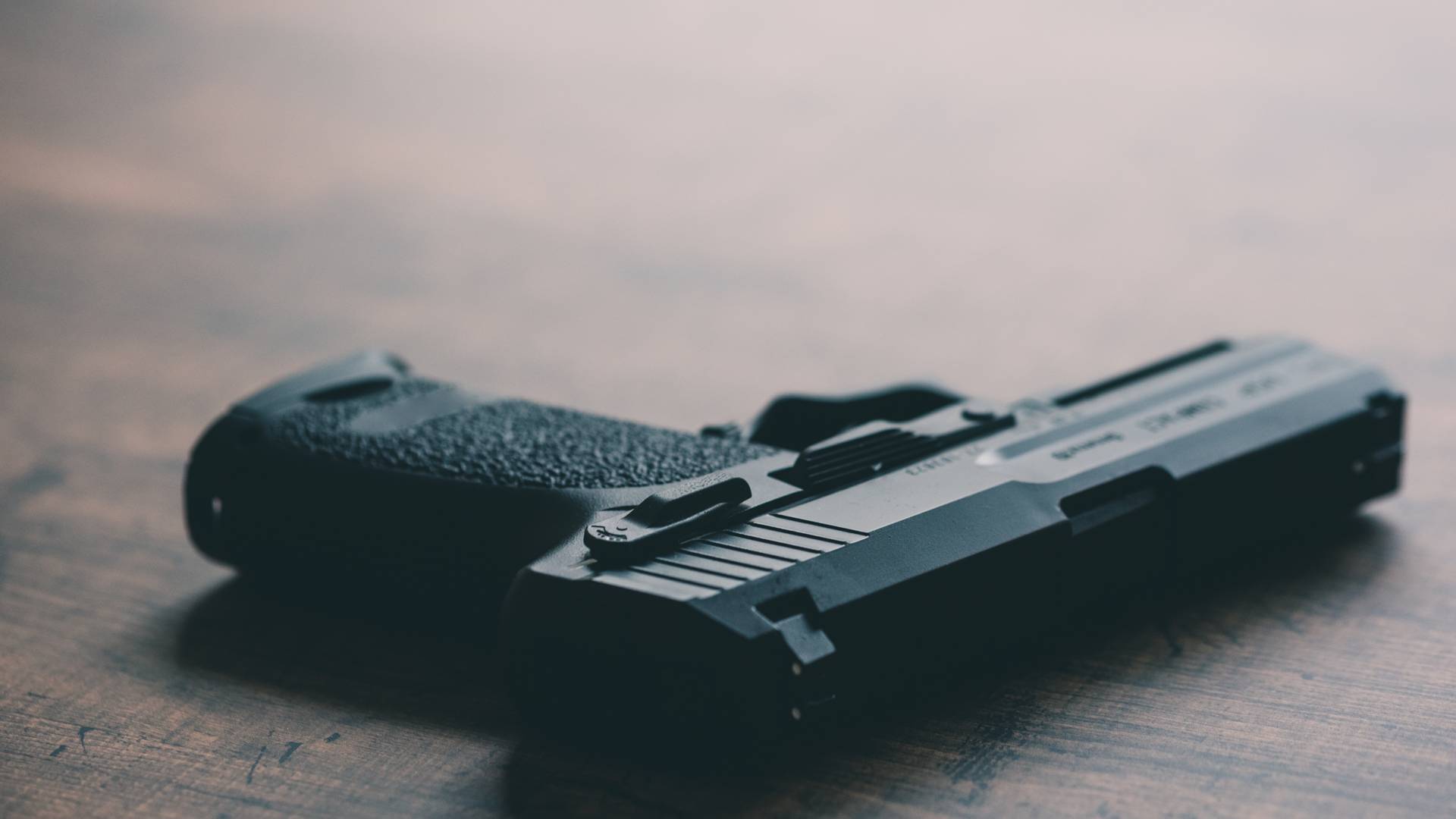If you drink alcohol before getting behind the wheel and a police officer pulls you over and believes you are drunk, he or she will likely try to assess your level of impairment using a device called a Breathalyzer. Breathalyzers estimate your blood alcohol content, and if yours is above the legal limit, you may face a charge of driving under the influence.
The penalties linked to such a charge are considerable, and they have the capacity to impact many areas of your life. With so much riding on the results of your breath test, you want to make sure the device performing the test is completely accurate and error-free. Regrettably, this is not always the case, and Breathalyzers are not foolproof. Several factors can impact their accuracy, and these might include:
Electronic interference
In some situations, electronic interference from outside sources can affect a Breathalyzer and render the results of your breath test inaccurate. Radio waves, police radios and signals from nearby cellphone towers are all potential sources of electronic interference.
The presence of blood or vomit
If you have blood or vomit in your mouth when you take your breath test, this, too, can throw off test results. Most law enforcement officials are aware of this, and they are typically trained to wait about 20 minutes before administering the test if they know that you vomited or had blood in your mouth before taking the test.
Diabetes
If authorities suspect you of drunk driving and you also have diabetes, know that your condition has the potential to lead to a falsely elevated Breathalyzer reading. Diabetics may have increased levels of acetone within their bodies, which is something the Breathalyzers assess in trying to determine your BAC.
If convicted of drunk driving, you may face fines, mandatory education classes, possible jail time and more. Therefore, it is essential that you trust that the results of your breath test are accurate.
